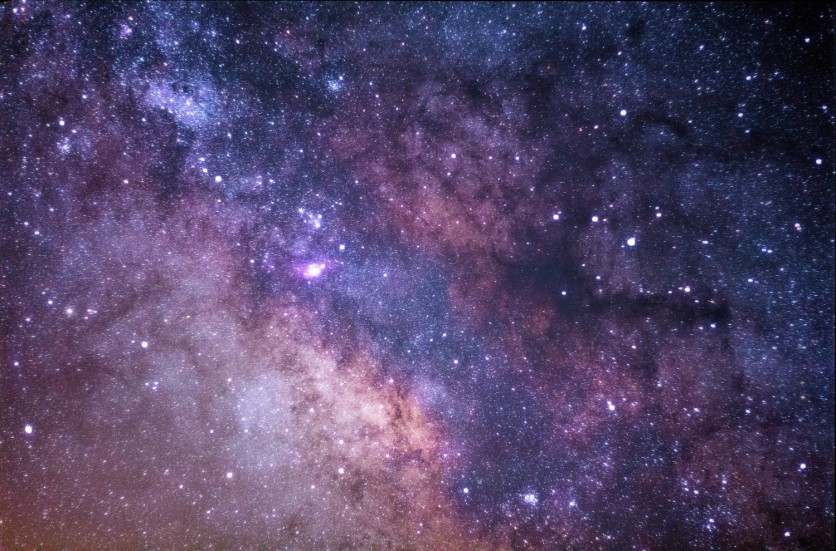As with all things, scientists believe that the universe will meet its end--although no one will be alive to see and experience how it happens and it will be far from what most of us imagined, according to one scientist.

The End of the Universe as We Know It
In a report by Fox News, the theoretical physicist and lead author of a new study said that the universe would not end in another big bang, but instead, it will be a "very, very slowly fizzle."
"It [the universe] will be a bit of a sad, lonely, cold place," Caplan said. "It's known as 'heat death,' where the universe will be mostly black holes and burned-out stars."
So, how did the group come up with this scenario?
According to the paper that the team has published in the journal Monthly Notices of the Royal Astronomy Society, the team looked at the potential stellar explosions in space and discovered that white dwarfs would explode into a supernova in the future.
Then, they would become denser and turn into "black dwarfs," stars that are capable of creating iron in their cores.
Caplan explained that stars that have less than ten times the mass of our Sun don't have the density nor gravity to create iron on their cores the way massive stars do, which means they won't be able to explode into a supernova right now.
"As white dwarfs cool down over the next few trillion years, they'll grow dimmer, eventually freeze solid, and become 'black dwarf' stars that no longer shine," the scientist added.
Iron can't be burned, so the iron these black dwarfs create would only accumulate and, in time, would be enough to trigger the collapse of the star and would become a supernova.
No Big Bangs
But if black dwarfs could trigger a supernova, won't that be a "big bang" of some sort?
Well, it turns out that not all of these black dwarfs will explode; in fact, those that are only around 1.2 to 1.4 times the mass of our Sun would explode into a supernova, and that's roughly 1% of the total number of stars that currently exist.
That means 99% of the black dwarfs will remain as those dim, cold stars.
The scientist said the most massive black dwarf would explode first, but by the time the last black dwarf collapses, the universe will be completely unrecognizable and filled with emptiness.
When Will it Start?
Furthermore, the group of researchers also believe that the death of the universe as we know it will happen sometime in the "next trillion of years," and no one will be left to see or experience what the end looks like, or what will happen after it.
In around 10 to the power of 1100 years, the first of these theoretical explosions could occur.
If you try and write it down on paper, the scientist said that it would take up most of the page, meaning it's "mindbogglingly far into the future."
"It's hard to imagine anything coming after that, black dwarf supernova might be the last interesting thing to happen in the universe," Caplain explained, further saying that they might be the last supernova to happen, galaxies would have dispersed and black holes would have evaporated, and that the universe has expanded and pulled everything so far apart that even light won't be able to travel in between them physically.
This article is owned by TechTimes
Written by: Nhx Tingson
ⓒ 2025 TECHTIMES.com All rights reserved. Do not reproduce without permission.




